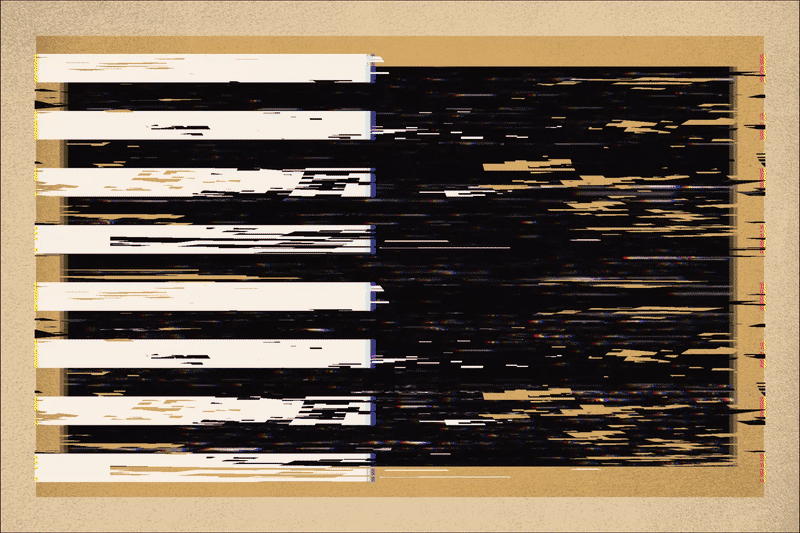Cuts to Public Media Hang Rural Americans Out to Dry
I know because I run a publicly funded radio station in Appalachia.
By Scott from Home of the Brave
I live in rural Appalachia, where I’m the general manager of Allegheny Mountain Radio, a cooperative of stations along the Virginia-West Virginia border. Our listeners are regular, hard-working people who often get called the “forgotten men and women” of America.
Our coverage is hyper-local. As a matter of fact, we were hyper-local before that was even a term people used. Our focus is on community-oriented journalism that brings people relevant news that they can actually use in their daily lives. We do emergency alerts, obituaries, school closure notices, lost-and-found postings, you name it.
The reason we do this is simple: We’re dedicated to the community we serve. And we know, with the disappearance of local news outlets across the country, there’s no one else out there who’s going to fill the vacuum of providing the reliable, fact-based information that people need.
But right now our future is in serious jeopardy. Our funding comes from three sources: private donations, underwriting, and—until now—support from the Corporation for Public Broadcasting. The CPB was founded in 1967 to “encourage the growth and development of public radio and television broadcasting … for instructional, educational, and cultural purposes.” In the past, it has accounted for about 60 to 65 percent of our overall funding.
Which is why it was so disturbing when the rescissions package passed by Congress earlier this year cut more than $1 billion in funding that had previously been approved for CPB. The organization soon announced that it would close its doors for good, noting that, “Public media has been one of the most trusted institutions in American life, providing educational opportunity, emergency alerts, civil discourse, and cultural connection to every corner of the country.”
I know that’s true, because here in West Virginia, we’ve lived it. In our area, the local population skews older, and we have spotty to nonexistent cell service in many places. There are just two weekly newspapers, and local TV news coverage is virtually nonexistent. I’ve been asked before, “Does radio still have a place in today’s digital world?” The answer, for me, is an unequivocal yes.
As a case in point, just look at what happened in 2012. That year, a so-called “derecho” event slammed into our area—a severe storm system that brought winds of up to 80 miles per hour, destroying homes, knocking down trees, and leaving hundreds of thousands of people without power. Suddenly, people couldn’t turn to TV or their phones for possibly life-saving updates.
But if they had a battery-powered radio, they could listen to us. Thousands did, and we spent the duration of the storm communicating emergency updates, sharing resources for people to access water and other supplies, and spreading hope throughout the community. It was service journalism of the most essential kind.
My station is fortunate that we have enough reserve funding to continue operations—for now. But there’s no telling how long that will last. Federal dollars were essential for us to keep doing our jobs, and now we’re forced to confront the reality of a very uncertain future where that funding just won’t be available. It’s a slap in the face for those of us who have always had the community’s interests at heart, and thought that commitment would be valued and rewarded.
Going forward, we’ll try to cut back where we can, while seeking new revenue sources. But it’s a more unpredictable future that we thought we’d ever have to confront. The next time a disaster hits, there’s no guarantee we’ll be able to extend people the help they need in a time of crisis. That’s a tragedy—and one that didn’t need to happen.
Scott is general manager of Allegheny Mountain Radio in West Virginia and a participant in Home of the Brave. You can donate to Allegheny Mountain Radio here.




Do you want to mention to your neighbors that they voted to kill your radio station?
Because my congressman and senators voted to keep you funded.
I just don't get how money that's already been authorized can be arbitrarily rescinded by Congress. And they know full well the damage this will cause.